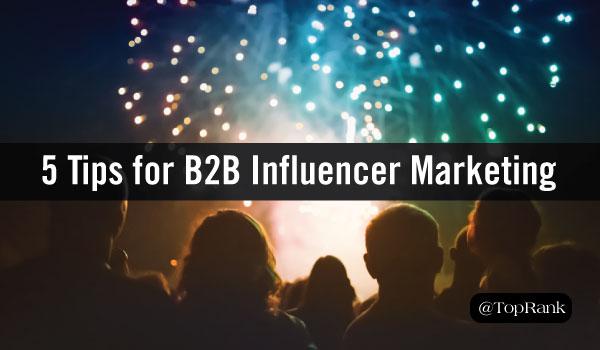How to Make Influencer Marketing 2.0 Work for You
In an age where a marketer’s tech stack is often just as, if not more important than the strategies built on them, a human approach to marketing stands out from the pack. According to a report by Traackr and TopRank Marketing, 63 percent of marketers want to improve customer satisfaction through influencer marketing.
According to influencer and TopRank Marketing CEO Lee Odden, influencers are increasingly important in the digital marketing space.
A more human approach to marketing means attention to empathy and a focus on customer experience. Influencers are credible, trusted individuals with active networks and the value exchange of their engagement with the community is where influence originates. Brands can tap into that influence to expand brand reach, create better customer engagement and even improve specific marketing goals like lead generation and increased sales conversions.
Consider the following when implementing an influencer program at your organization. The maturity of your program will impact other departments, and should be examined before implementing new programs. Influencer marketing impacts content marketing the most.
Lead generation is a common goal for influencer marketing, but it’s not the only positive benefit. Influencer marketing can also benefit SEO and branding. Take this into account when developing a strategy for your brand.
For more on key insights into influencer marketing today, check out Odden’s complete article below.







